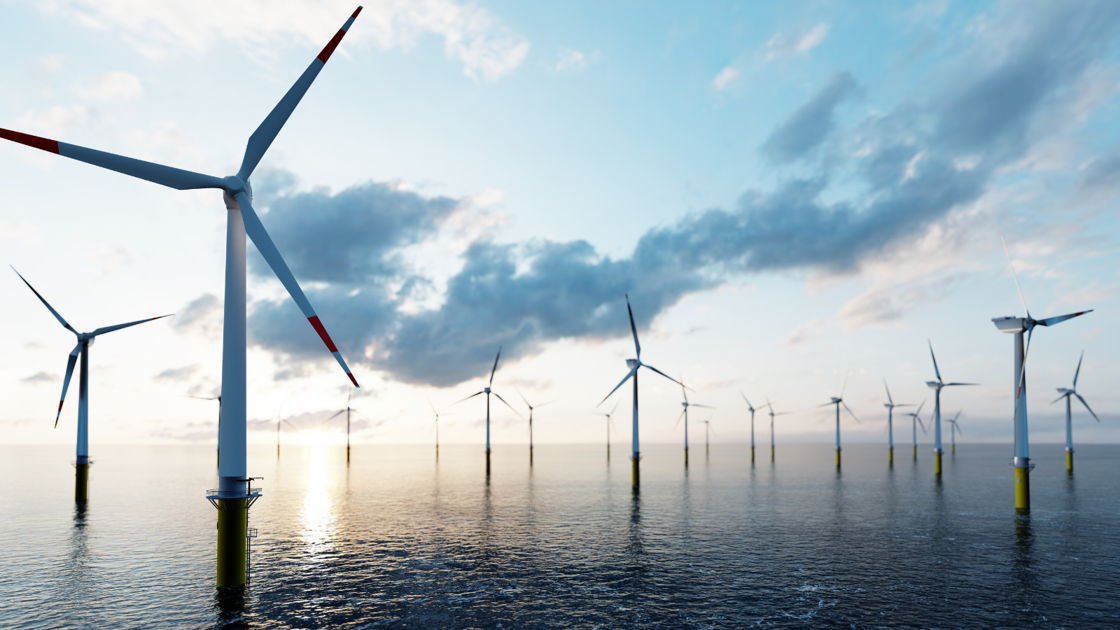Despite its important role in the energy transition, the offshore wind sector is facing multiple challenges: problems in the supply chain, high interest rates, unfavourable auction design at national level, the urgent need to expand Europe’s electricity grids and fierce global competition. The EU Wind Action Plan and the Net Zero Industry Act are trying to address these challenges, however, without addressing the crucial role that workers play in the expansion of the sector.
During the first meeting of industriAll Europe’s newly established working group on offshore wind, trade union representatives from across Europe identified a number of common challenges:
- Auctioning designs are price-based, favouring low-cost projects over wider sustainability targets to the detriment of working conditions.
- In some countries, unions deplore a very low trade union density in the offshore wind sector. The situation in the UK is particularly alarming, as it is the country with the most offshore wind installations in Europe.
- The offshore wind supply chain is very fragmented, with lots of subcontractors. There is a strong trade union presence in the project developers, whereas the situation in subcontracting companies is quite different.
- There is a clear problem of different labour codes that may apply to workers in a sector that stretches beyond national jurisdictions and within a diverse value chain. There are workers in different segments of the value chain involved, including transport of materials, installation, maintenance, and installations can be fixed or floating. This makes it difficult to understand which jurisdiction/labour code applies.
- The inability to attract qualified workers from a similar sector needs to be seen in a context of quality jobs. Good working conditions in offshore oil and in gas versus less favourable conditions in offshore wind could also be a reason for a lack of mobility between sectors.
- Health and safety risks are very high in the sector, not only because of harsh weather conditions and working on high installations, but also due to new security concerns linked to recent attacks on critical infrastructure at sea.
- The fierce international competition puts at risk good industrial jobs in Europe and must be appropriately addressed to promote a just energy transition.
- There needs to be a strong focus on infrastructure in terms of electricity grids and interconnectors, as well as ports and the wider transport infrastructure, to ensure the effective rollout of projects.
Judith Kirton-Darling, General Secretary of industriAll Europe, asserts: "It is more important than ever to promote a strong trade union network for the coordination and exchange of practices to promote good industrial jobs in the entire offshore wind value chain. It is unacceptable to base our energy transition on social dumping. The Wind Action Plan and offshore cooperation agreements must urgently incorporate principles of decent work and pay!”
As a next step, industriAll Europe will engage in a mapping of the industry at European level, in close cooperation with the ETUI. Working with IndustriALL Global Union, we will also enhance our coordination network between trade unions to exchange information on collective agreements and social dialogue in multinational companies in the sector.
